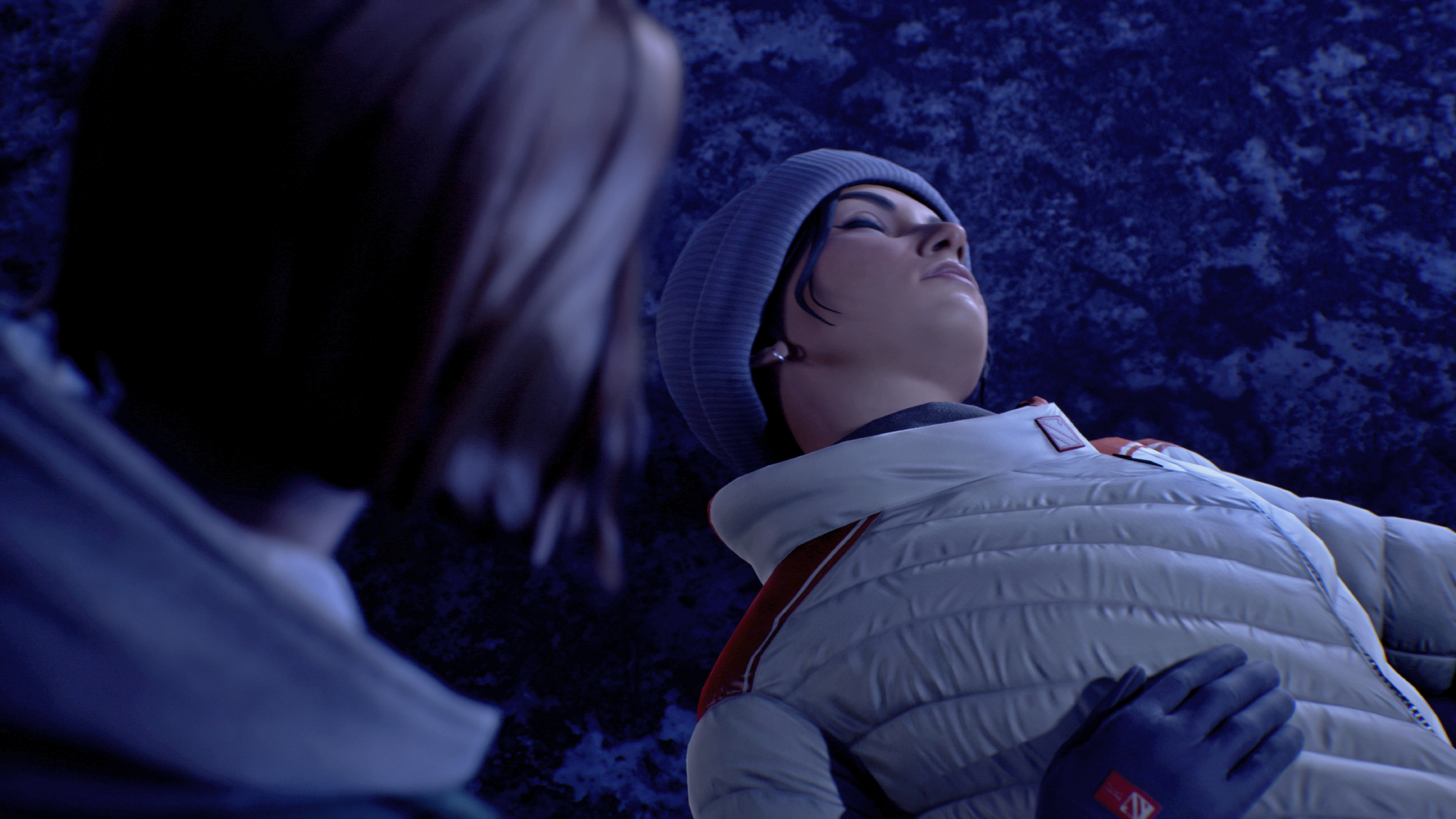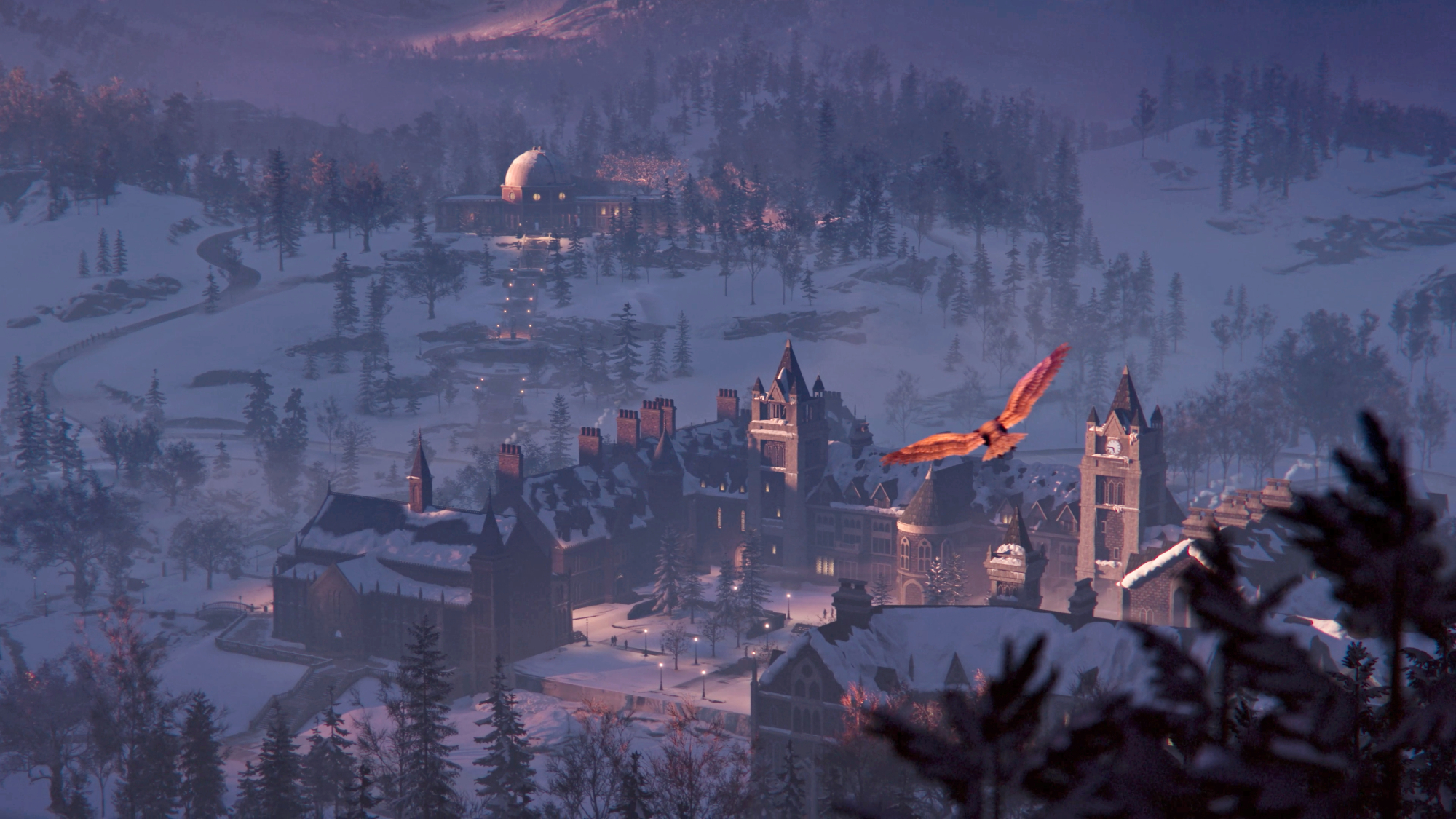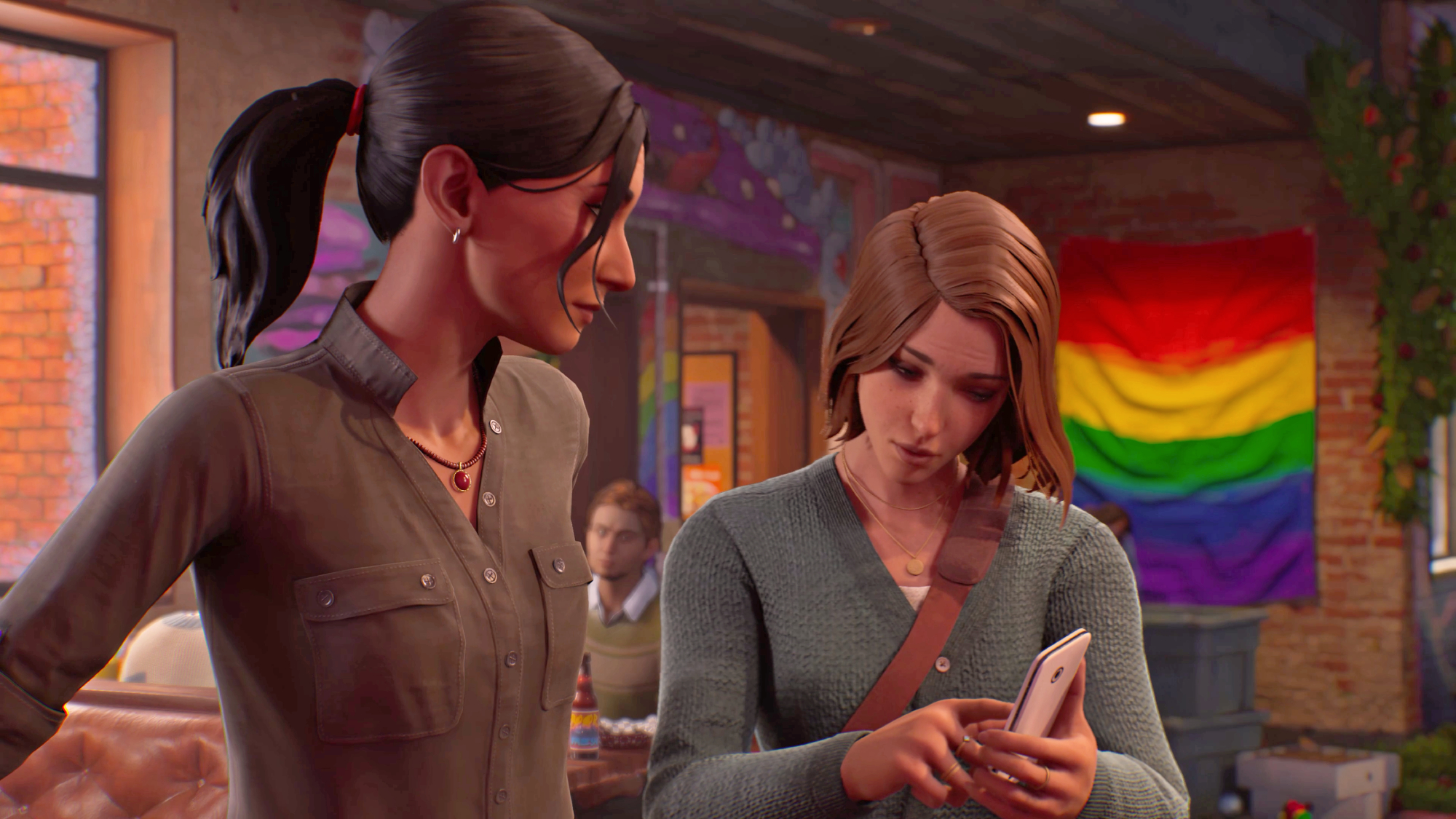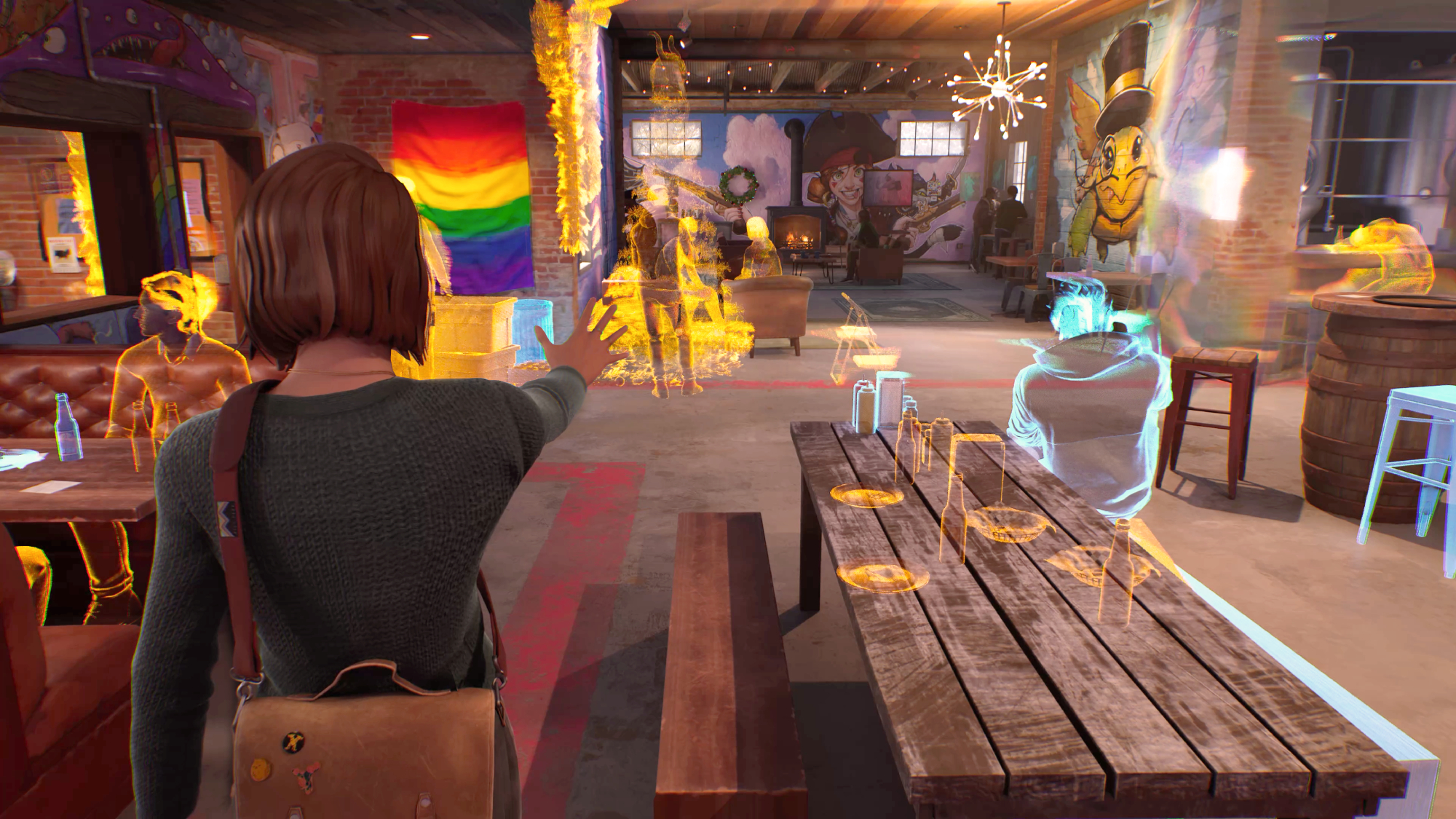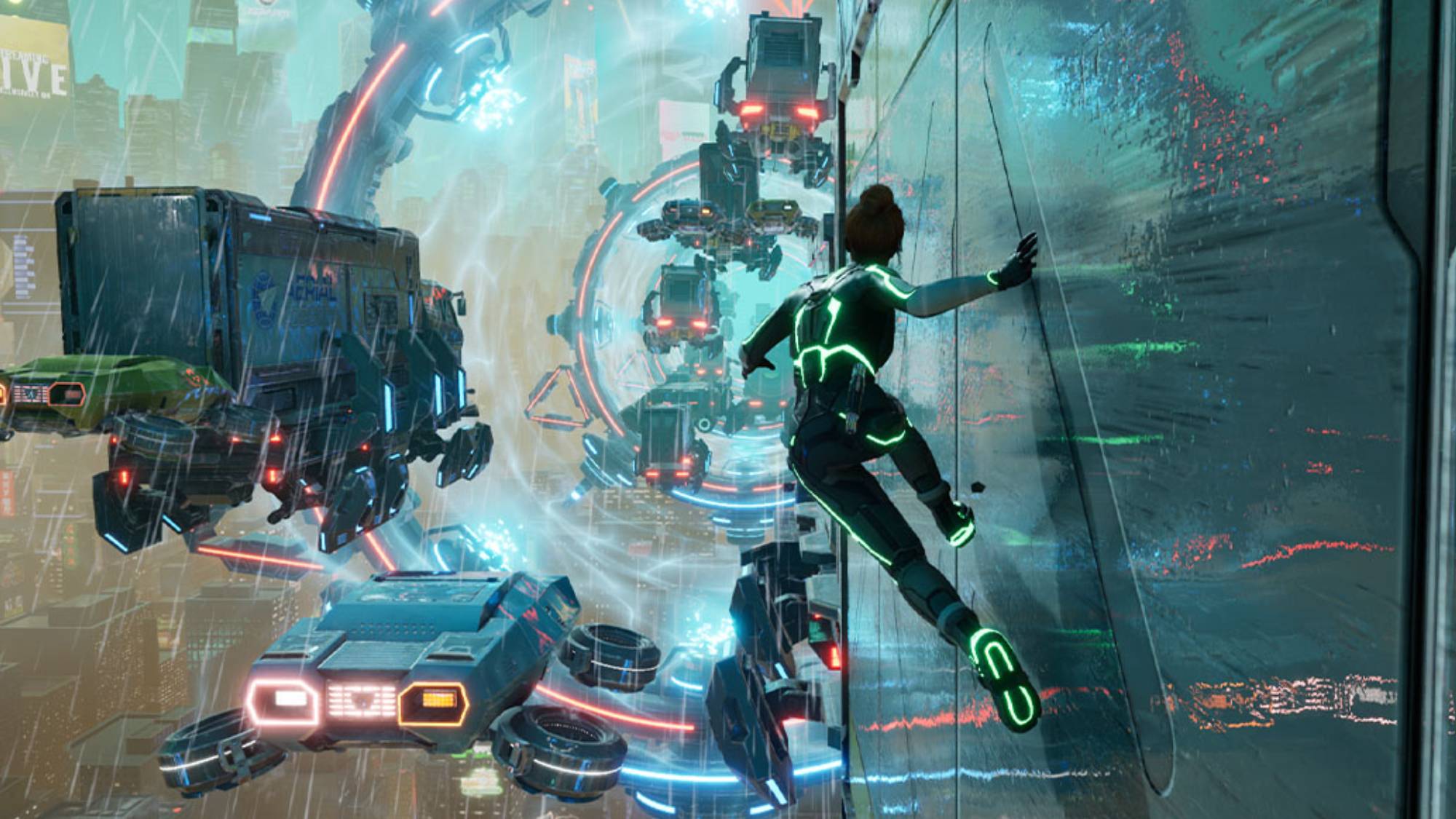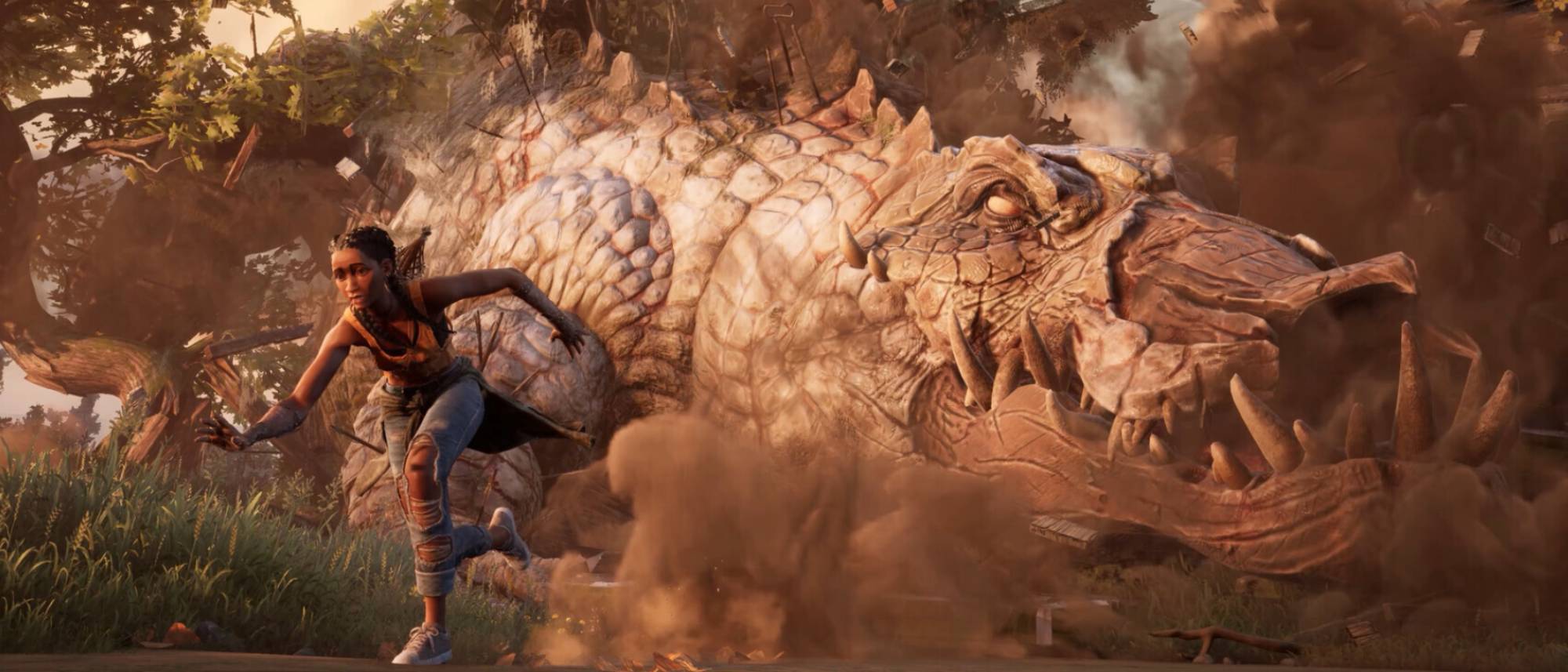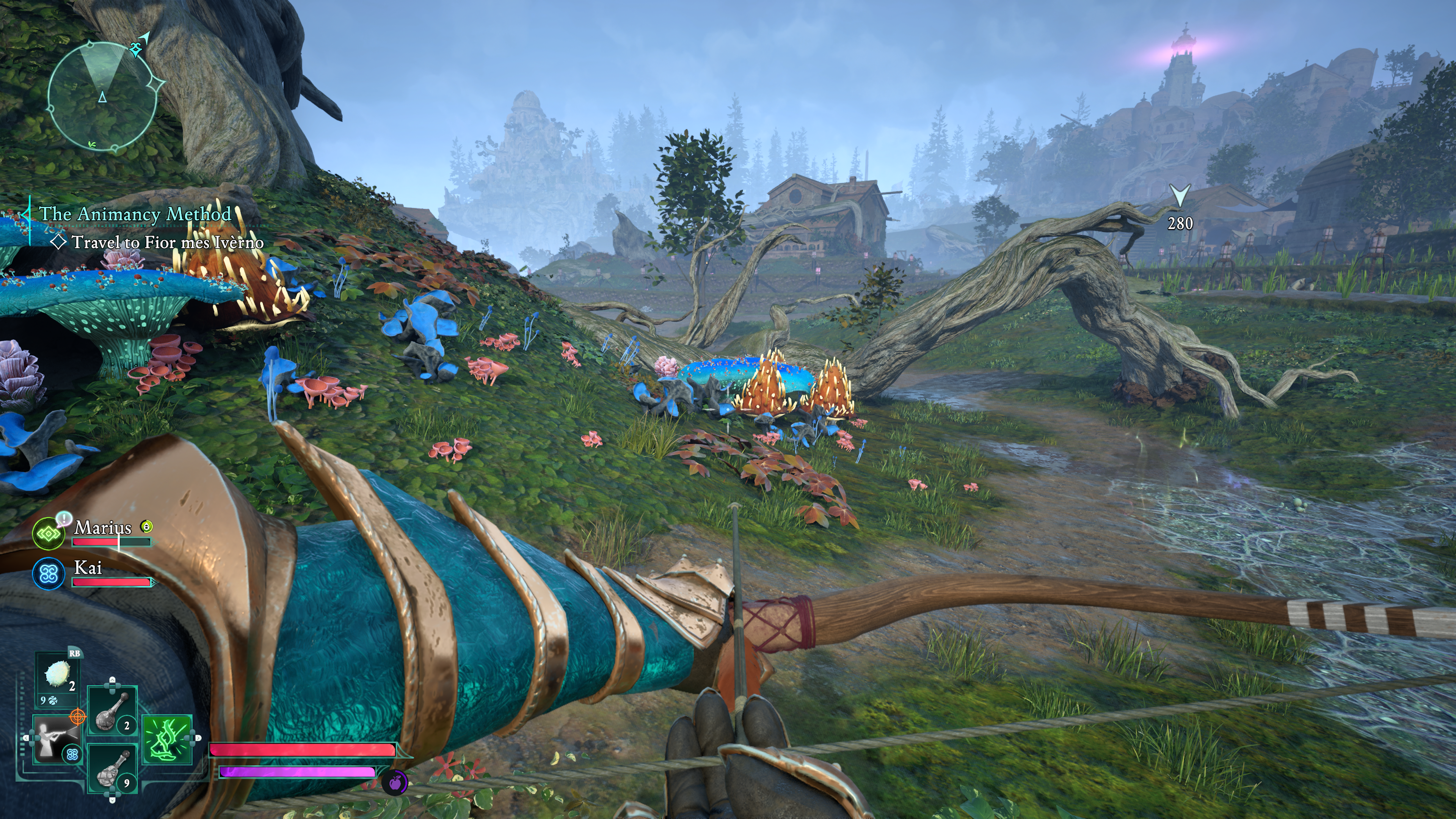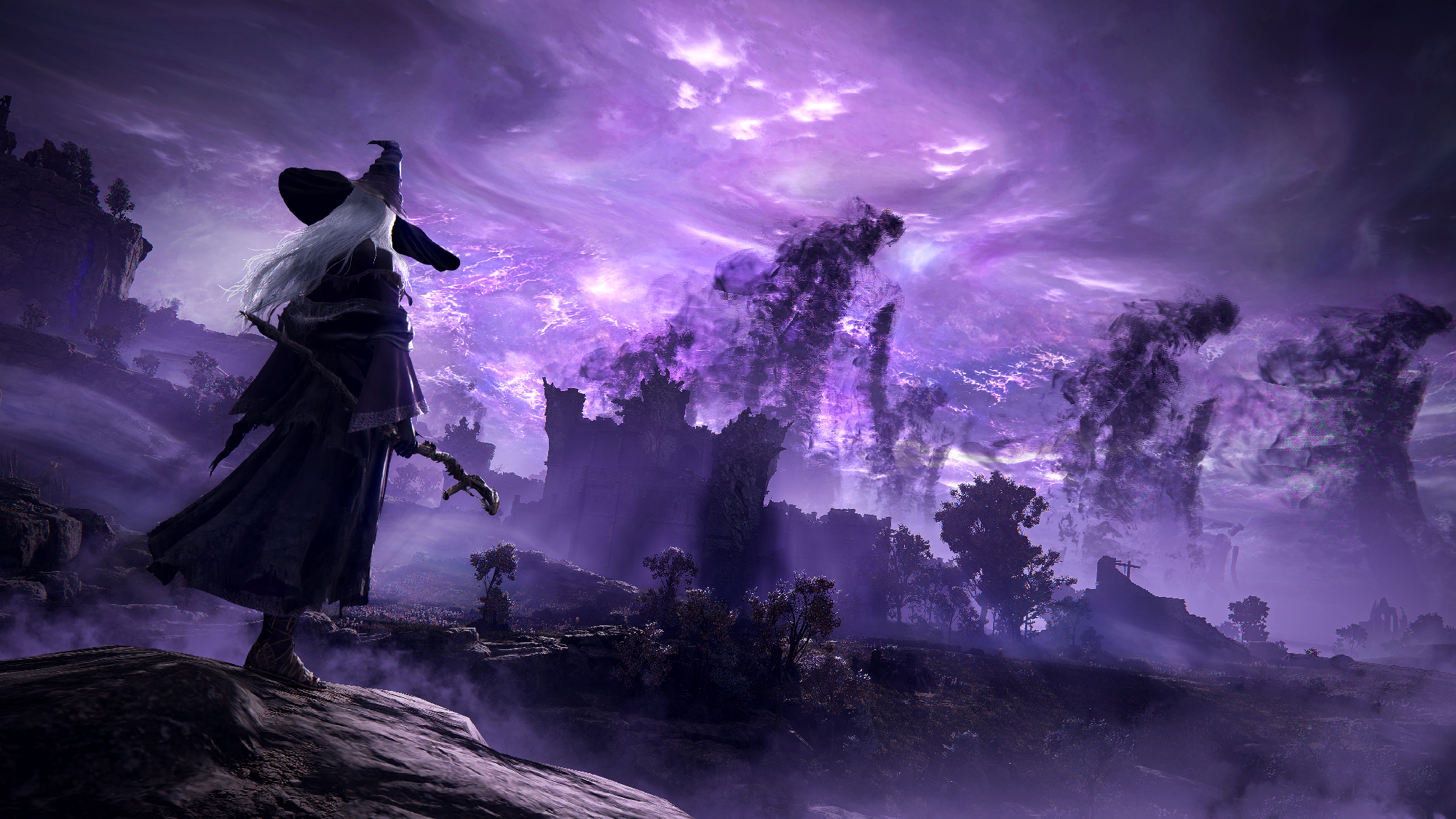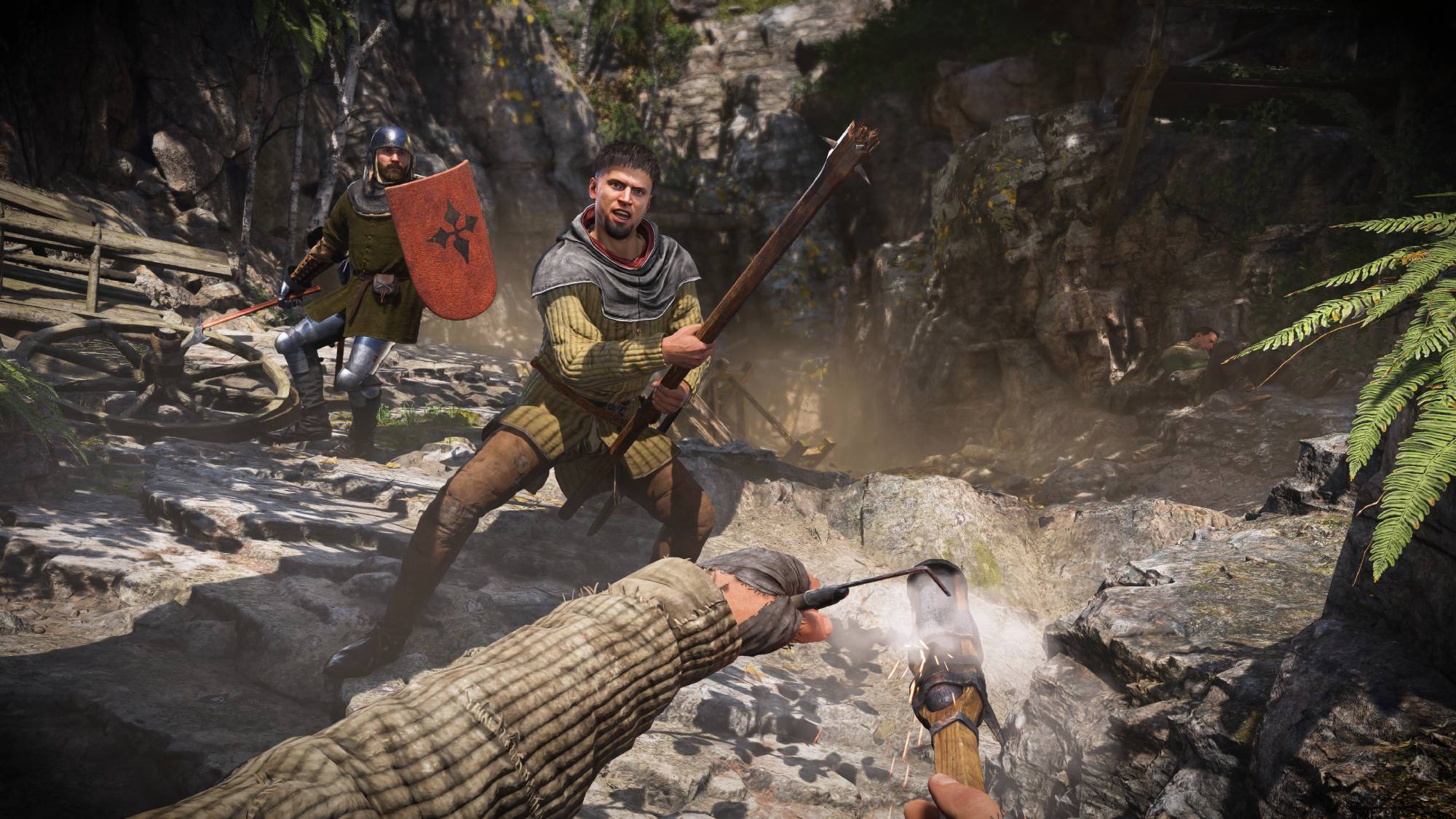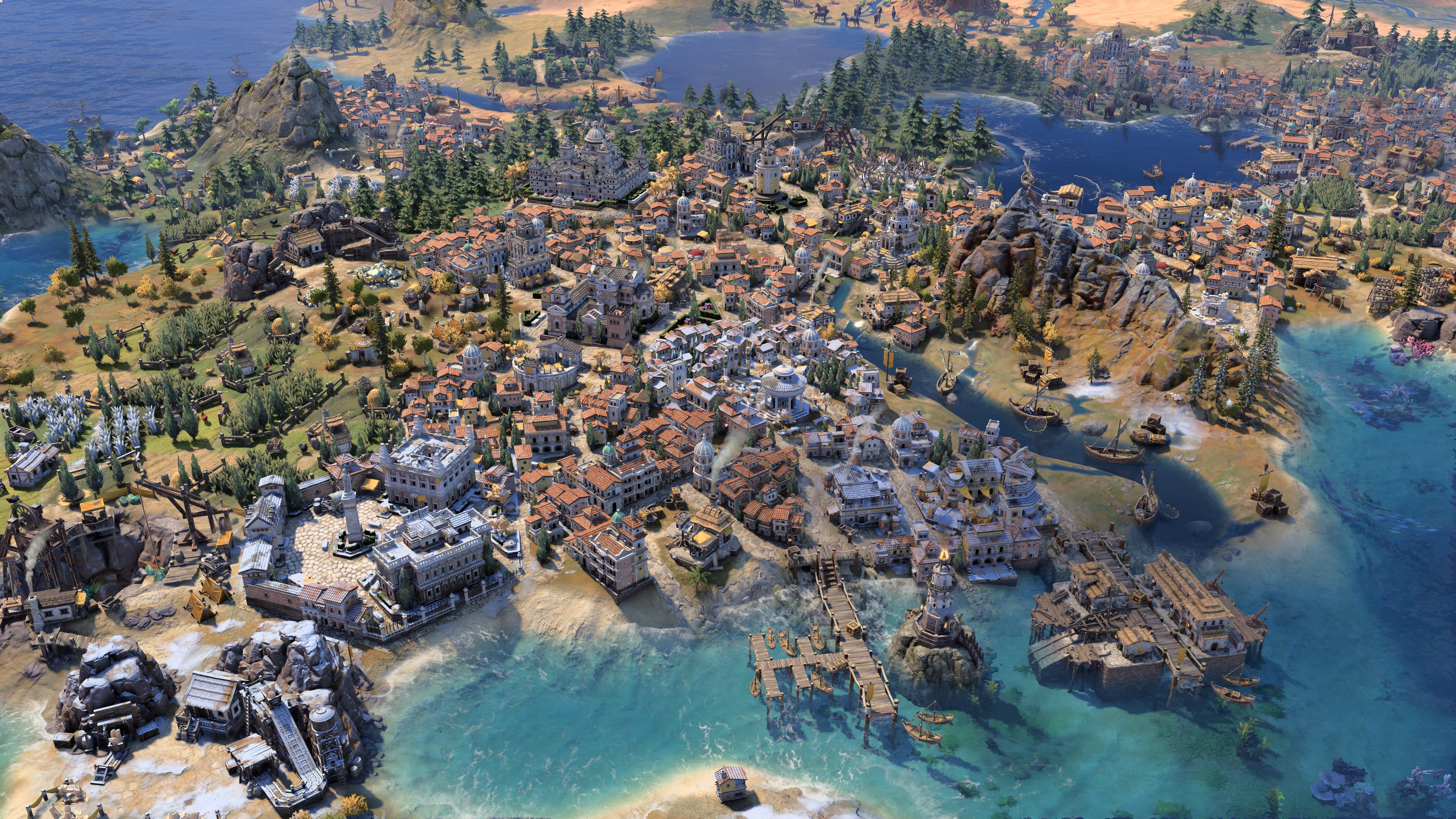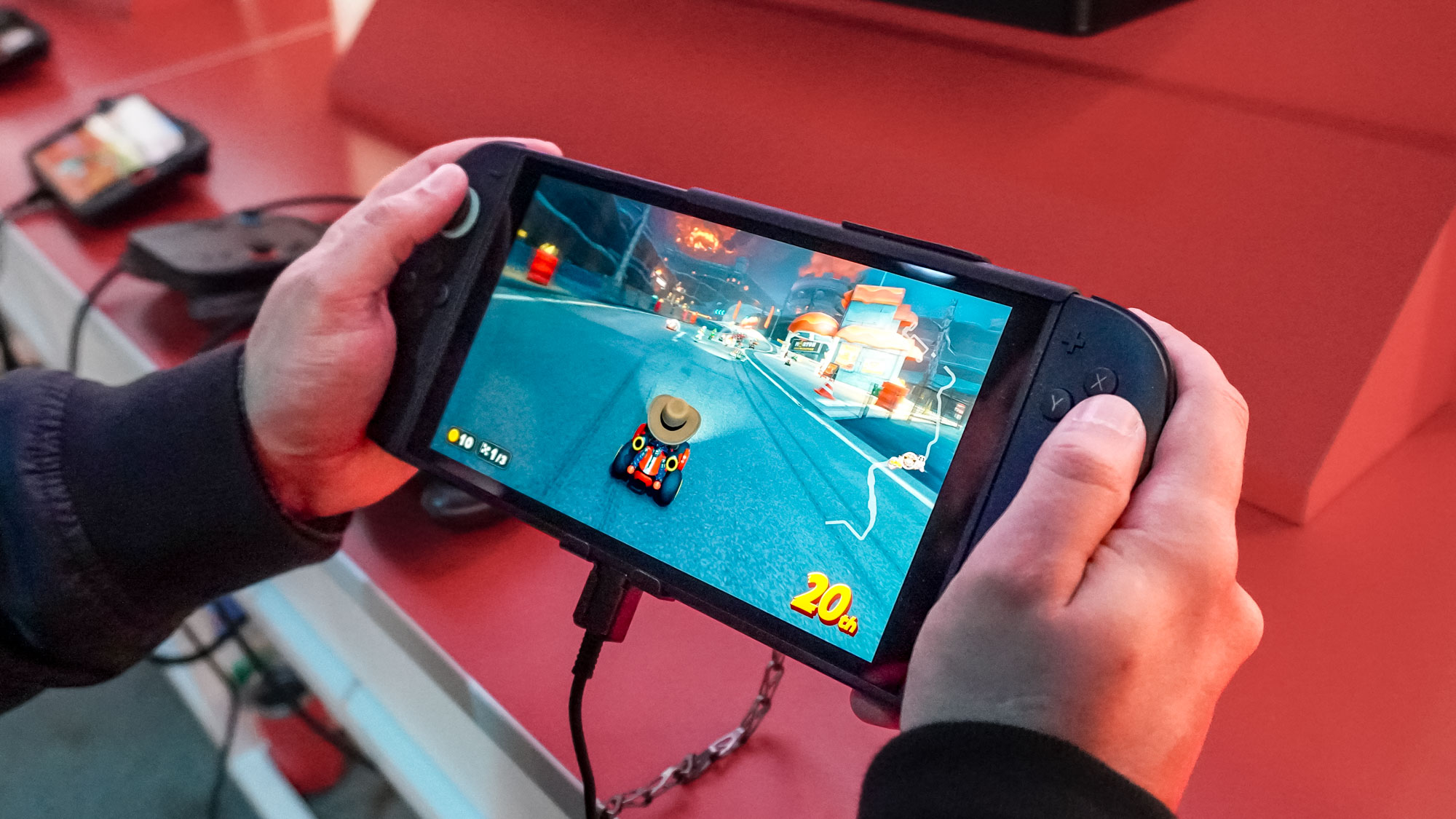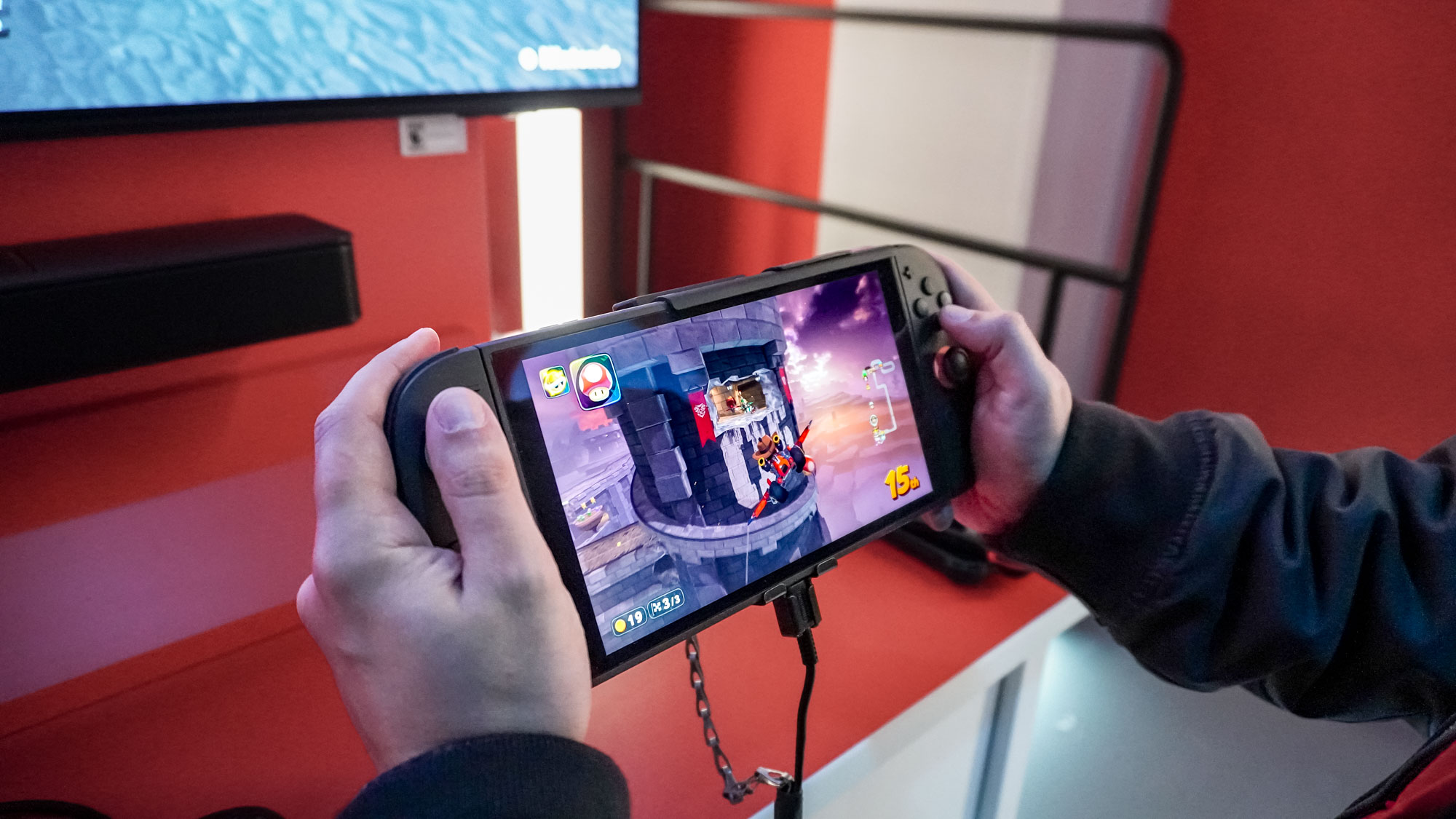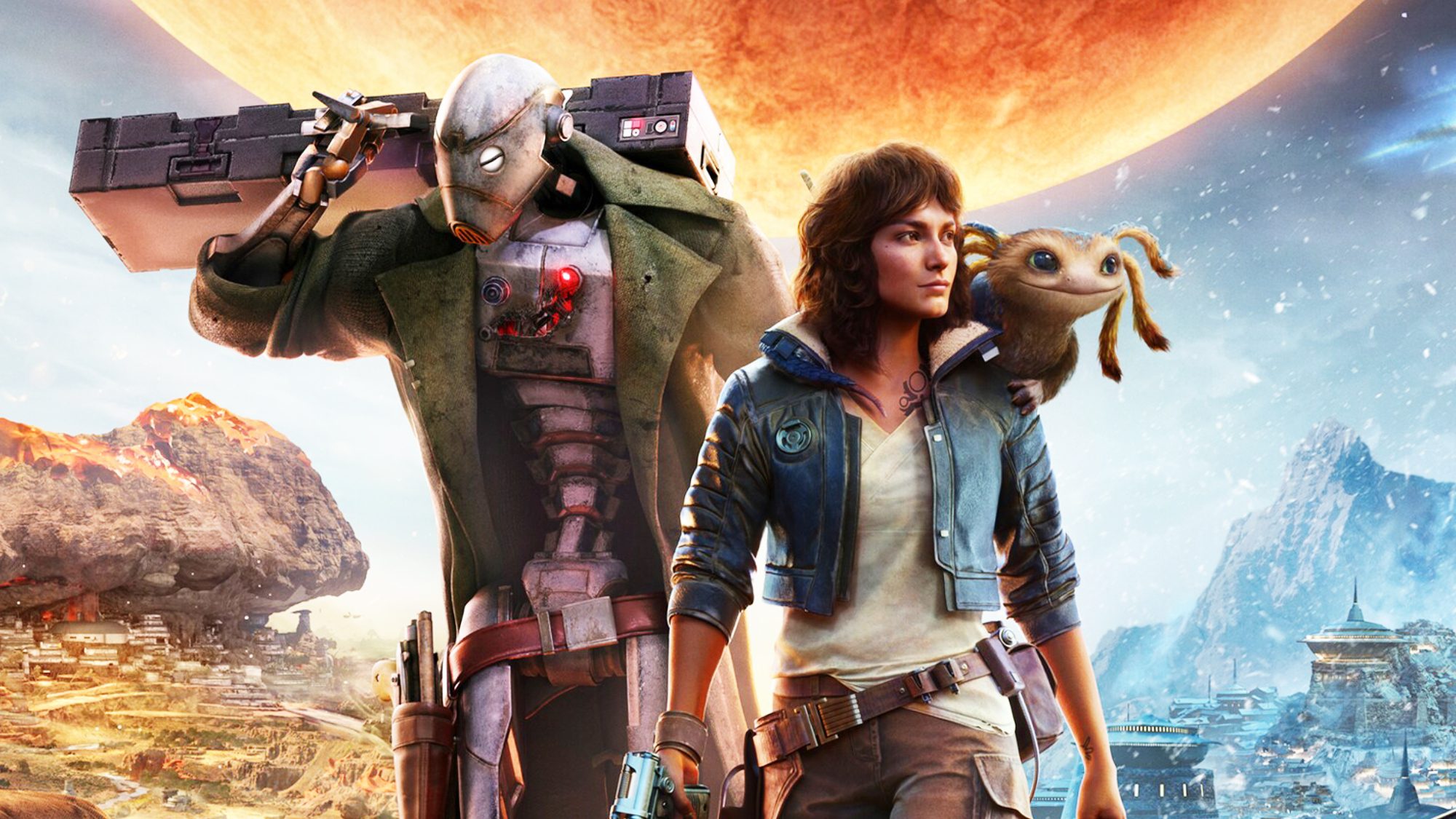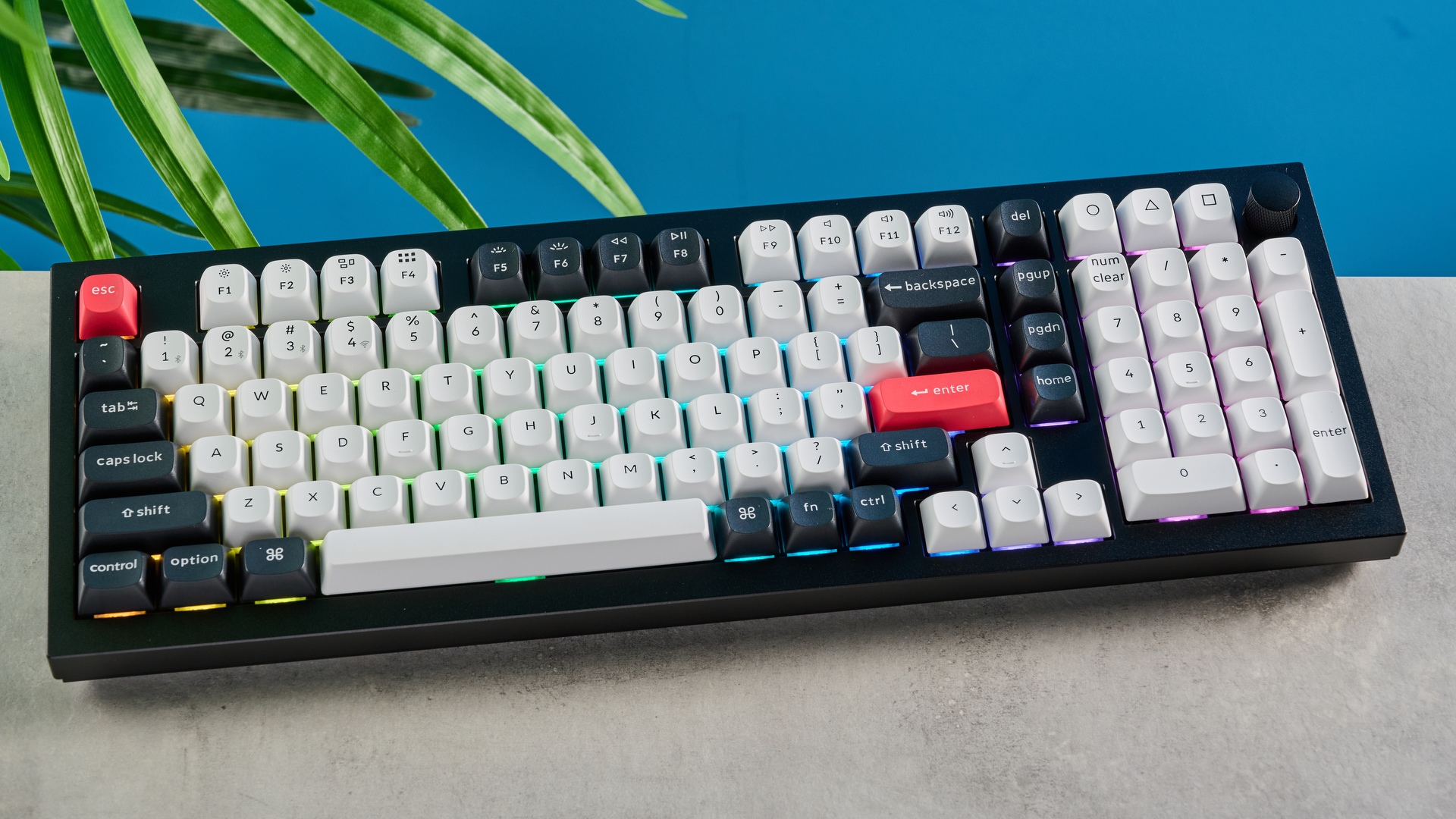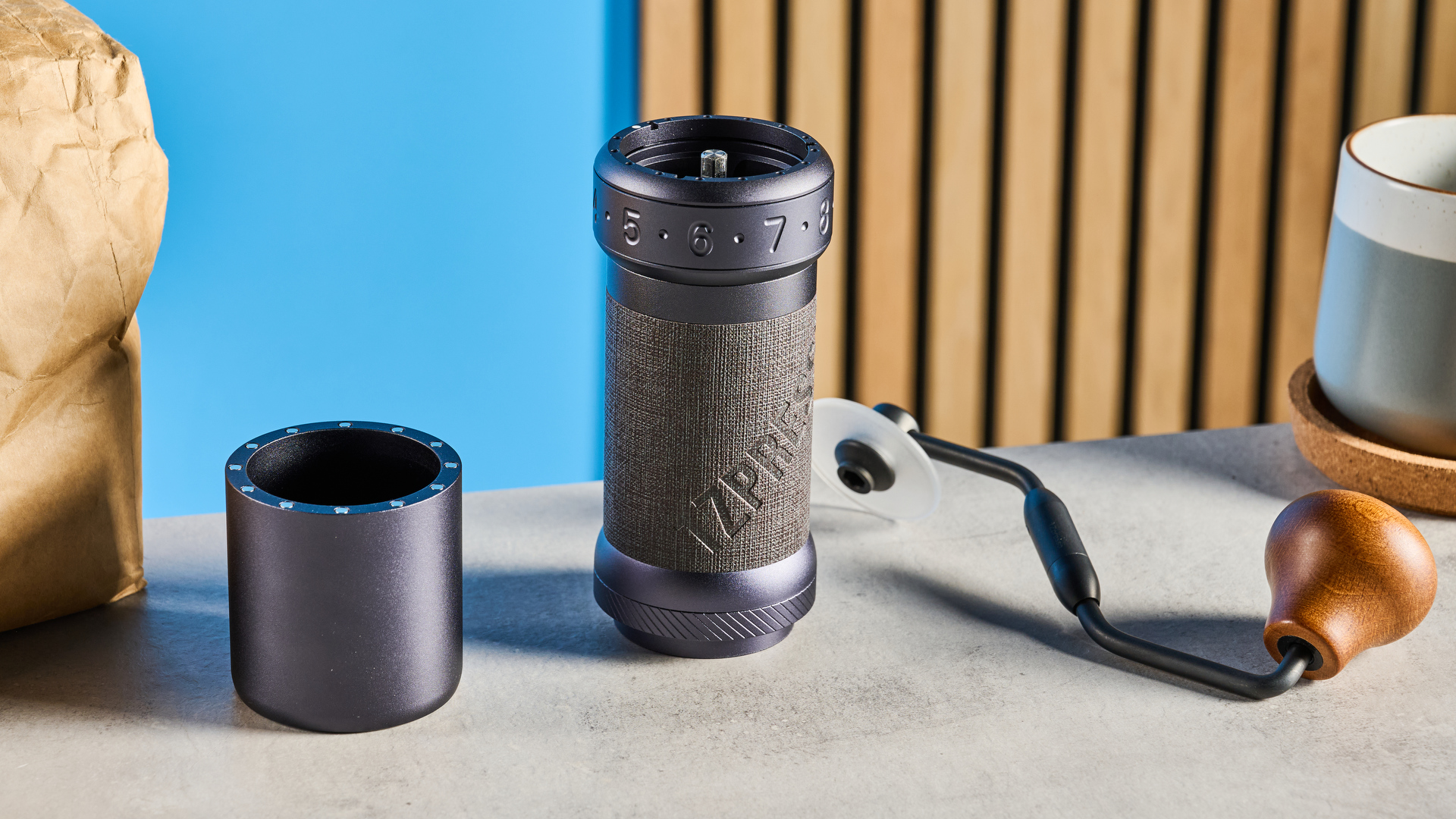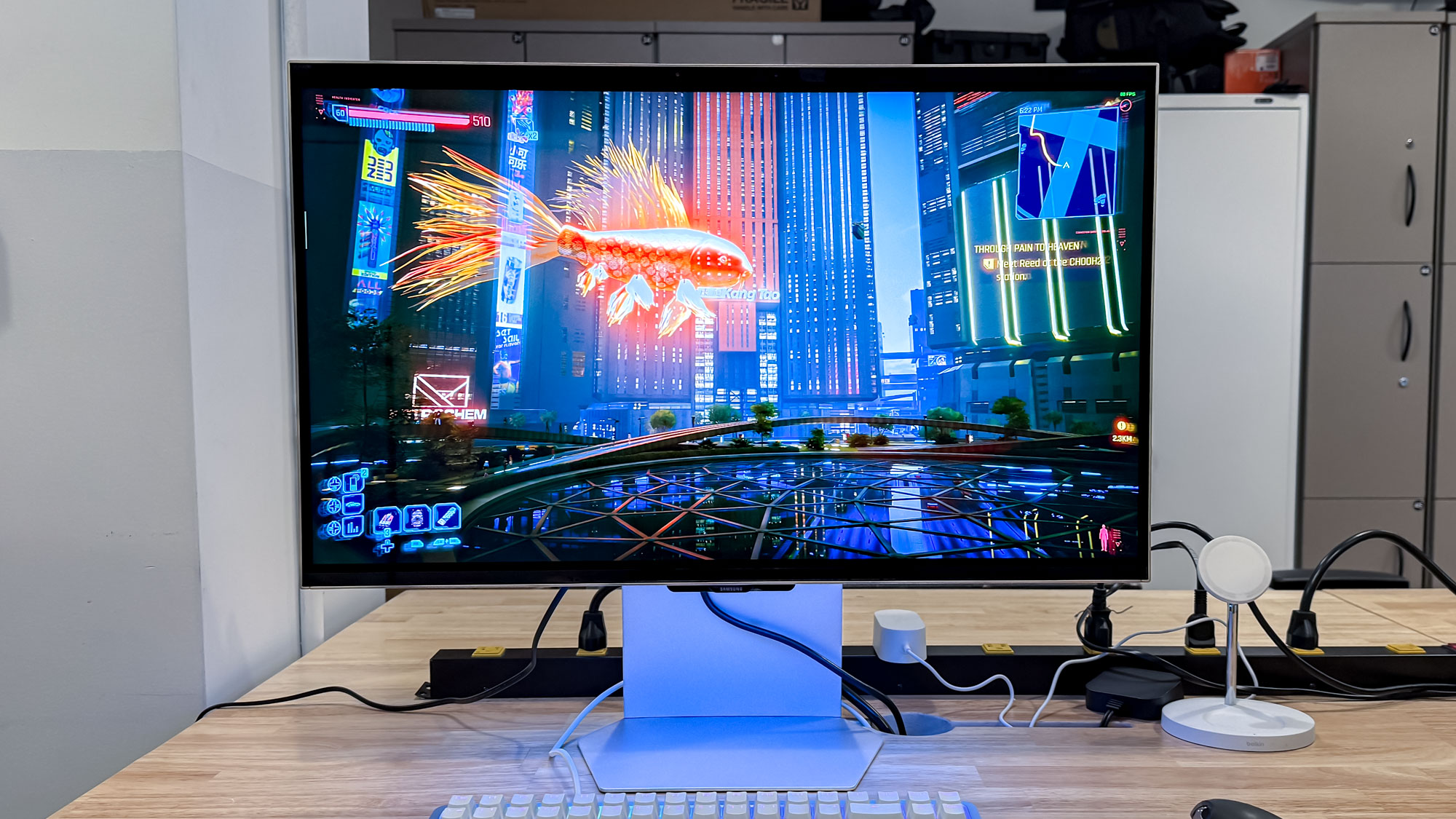The truth, however, is more nuanced.
But perhaps I’m getting ahead of myself.
And speaking of choices kudos to Deck Nine for their deft handling ofthatdecision from the original game.
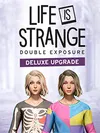
This mature approach to storytelling shines brightest in Max’s relationship with Safi.
The investigation itself proves gripping, unfolding like a time-twisted episode of Veronica Mars.
Our victim, it turns out, had quite the talent for making enemies.

Imagine actually experiencing Max mentoring young photographers, perhaps seeing echoes of her younger self in their uncertainties.
When it comes to the supporting cast Maxs friends and colleagues they often feel like caricatures.
And this is coming from someone who did an MA in poetry.
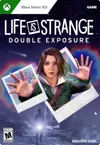
Its a shame, really, because when Double Exposure nails it, it really nails it.
Those moments where Max is reflecting on the past and putting herself out there?
When characters like Moses manage to crack through the games occasionally suffocating self-awareness?

But these moments are fleeting.
Each transition requires ducking into a separate room which breaks the narrative momentum.
What should be a seamless supernatural ability becomes an exercise in navigation that would test anyone’s patience.
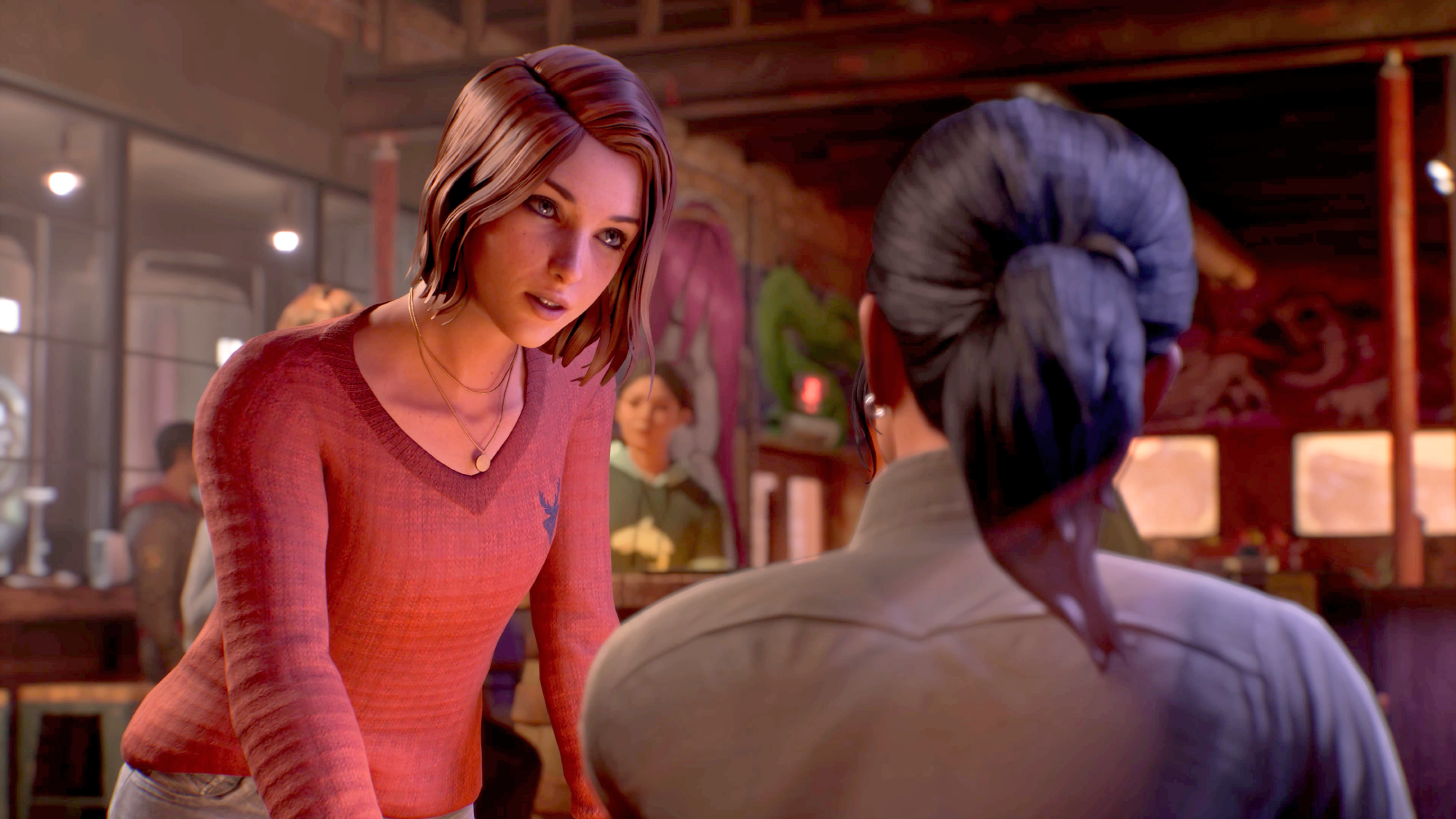
The game’s information ecosystem compounds this frustration.
Want to catch up on plot details?
Prepare for a digital scavenger hunt.
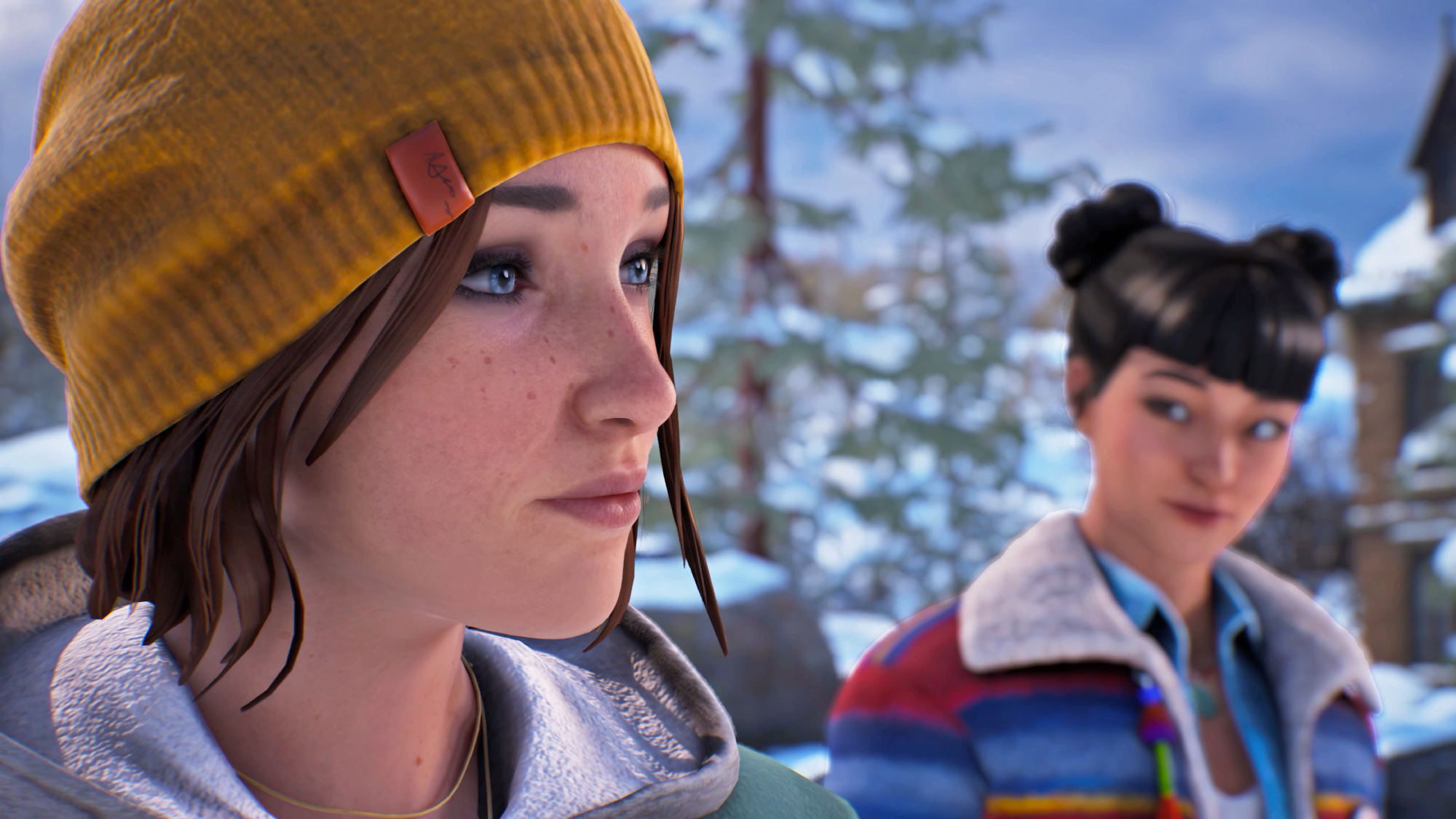
The journal system requires laboriously clicking through each entry individually.
And the social media feeds?
